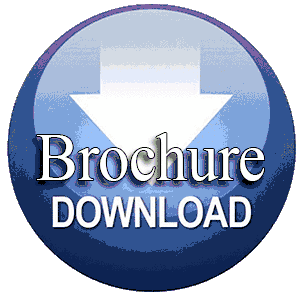
Shrouq Mahameed
Title: Assessing health literacy of Diabetic Mellitus patients in UAE using validated tools
Biography
Biography: Shrouq Mahameed
Abstract
The purpose of this study to assess health literacy among diabetic patients in UAE to explore the relationship between health literacy and diabetes glycemic control.
Diabetes is an important health problem that affects the quality of life and leads to severe complications such as heart attacks, blindness, and end-stage renal disease. The economic load of prediabetes and diabetes in the UAE estimated to be around US$8.52 billion if the current attitude remain with medical costs swelling to US$1.04 billion by 2020.
Health literacy skills include the ability to read and understand information in documents, the ability to speak and communicate about health-related information; the ability to make suitable health decisions; and the ability to use numeric information for tasks, such as dose, food labels, and blood glucose measurements. These skills are accomplished with more confidence for higher health literacy patients. Thus, patients with inadequate health literacy may not benefit from such educational efforts. Three hundred and fifty patients with diabetes who lives in UAE were administered to validated Arabic version instruments to assess health literacy. Both LAD and DNT scores and HbA1c level were found to be significantly associated with patient literacy (P = .004 and P = .02, respectively). Based on the multivariable model, patients with less than a fourth-grade literacy level had 13% lower DKT scores and 1.36% higher HbA1c levels relative to those with a high school literacy level. Low health literacy was significantly associated with worse glycemic control and poorer disease knowledge in patients with diabetes.

